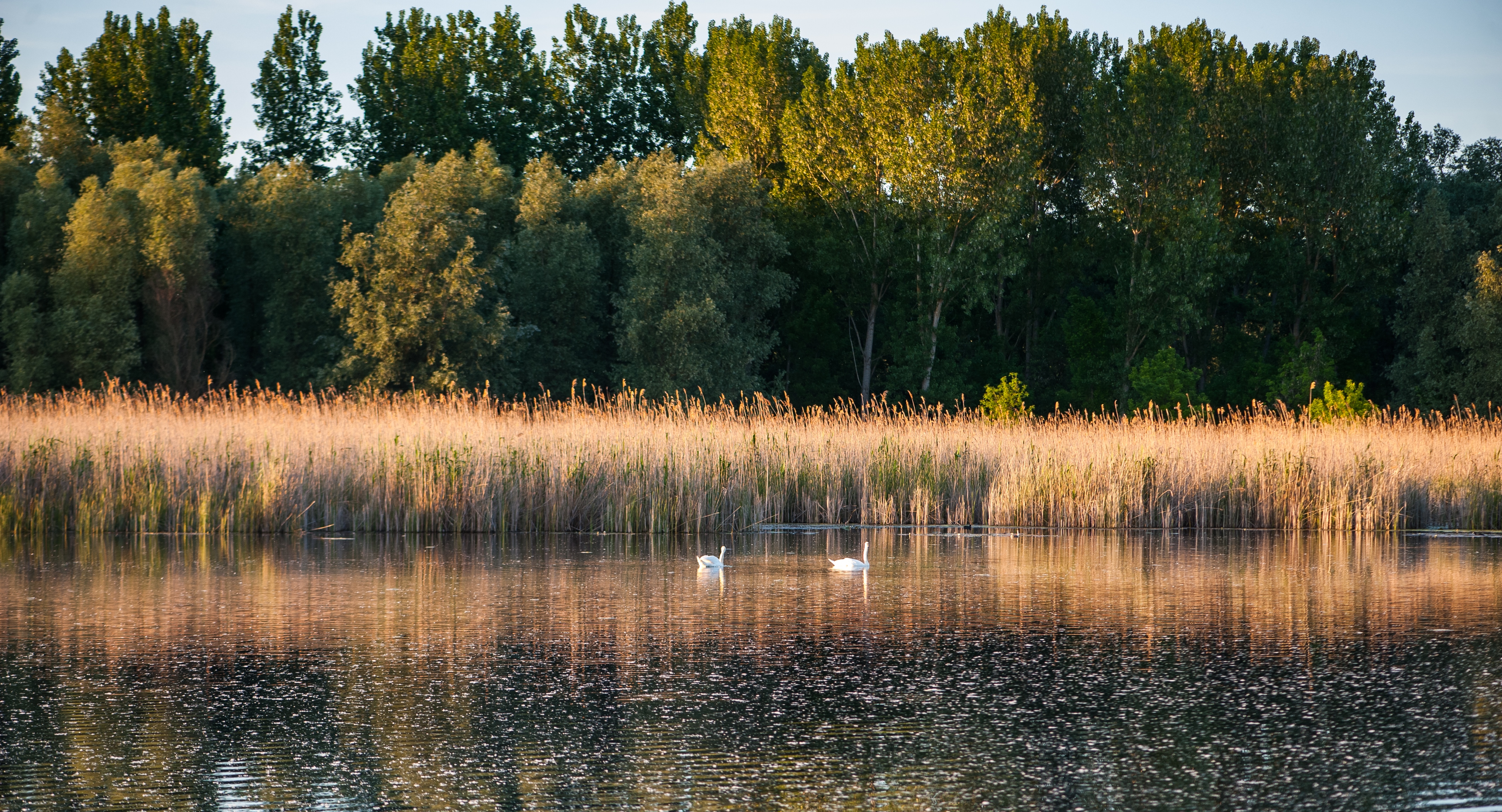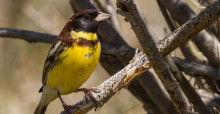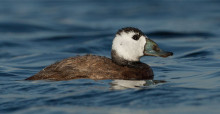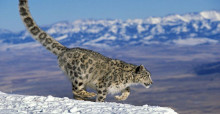International news
 >
>
Meeting in China Agrees Urgent Conservation Measures for the Endangered Yellow-breasted Bunting
An International Workshop on the Yellow-breasted Bunting and Migratory Landbird Conservation took place on the 2-4 November 2016 in the city of Guangzhou, in the province of Guangdong, China. Fifty experts from ten countries met to discuss the species’ conservation status and to agree on the conservation priorities under the framework of an international Action Plan. Over the last 30 years, the Yellow-breasted Bunting has suffered a rapid decline that has led to its uplisting in the IUCN Red List to the category of “Endangered”. The main reason for this decline is the intensive trapping in the wintering grounds, especially in China where this bird is highly appreciated as food.
Sharks MOU Conservation Working Group Kicks off in Bristol
Some of the world’s leading experts in elasmobranchs and fisheries met for a two-day workshop from 31 October to 1 November in Bristol, UK, to identify priority management measures for the conservation of sharks and rays. The Conservation Working Group (CWG), which was established at the 2nd Meeting of the Signatories to the Sharks MOU, has been given the task of providing technical guidance to the Advisory Committee and Signatories.
Farewell to Douglas Hykle
Douglas Hykle, erstwhile Deputy Executive Secretary of CMS and more recently Coordinator of the Indian Ocean-South-East Asian Marine Turtle Memorandum of Understanding (IOSEA) has retired after 27 years’ service with UNEP.
1st Meeting of the AEWA White-headed Duck International Working Group Takes Place in Madrid
Key Range States from the AEWA populations of the White-headed Duck (Oxyura leucocephala) as well as priority countries where the invasive Ruddy Duck occurs came together for the 1st Meeting of the AEWA White-headed Duck International Working Group from 24 to 26 October in Madrid, Spain. The main task tackled by the meeting was to start the revision of the CMS/AEWA International Single Species Action Plan for the White-headed Duck, which was originally adopted by the AEWA Meeting of the Parties as well as the CMS Scientific Council in 2005.
2016/030: Elements of Advice for the Global Environment Facility (GEF) concerning the Funding of the National Prioirities for CMS
The Secretariat of the Convention on the Conservation of Migratory Species of Wild Animals (CMS) would like to remind you of the decision taken by the 44th Meeting of the CMS Standing Co
Bonn Convention Joins UN-Day Celebrations
To mark the occasion of the 20th anniversary of the United Nations' presence in Bonn, the City celebrated UN Day on Saturday, 29 October on the market square.
African Regional Workshop to Advance the Conservation of Old World Vultures

Bearded vulture (Gypaetus barbatus) © Andras Kovacs www.RaptorImages.com
The first regional workshop to develop a Multi-species Action Plan to conserve African-Eurasian Vultures (Vulture MsAP) took place from 18 to 21 October in Dakar, Senegal. Government representatives, partners and stakeholders met to promote international cooperation in order to halt the recent rapid population declines of vultures - one of the most endangered groups of birds on Earth.
2016/029: Funding Opportunity for Nature Conservation
The Secretariat of the Convention on the Conservation of Migratory Species of Wild Animals (CMS) is pleased to inform you of a new funding opportunity within the Whitley Fund for Nature.
Snow Leopard Day 2016
23 October 2016 was International Snow Leopard Day, which is dedicated to raising awareness for the plight of this iconic species. The Snow Leopard (Panthera uncia) inhabits mountain terrains of twelve Range States in Central and South Asia. With between 4,500 and 6,000 animals remaining in the wild today, Snow Leopards are one of the most endangered big cats in the world.
Opinion: Spectre of Extinction Haunts the Ghost of the Mountains
Its silvery coat, spectral appearance and elusive nature have earned the Snow Leopard the pseudonym “the Ghost of the Mountains”. Its numbers are precariously low but concerted international efforts are under way to prevent the species’ extinction.







